By_Suraj Karow

Guwahati, October 17, 2025 – In a match that pulsed with the energy of a nation holding its breath, 16-year-old Tanvi Sharma scripted a page of badminton history at the National Centre of Excellence here. Top-seeded in the girls’ singles, Tanvi fought back from the brink to defeat Japan’s Saki Matsumoto 13-15, 15-9, 15-10 in a gripping 47-minute quarterfinal thriller, assuring herself – and India – of at least a bronze medal at the BWF World Junior Championships 2025.
The victory marks the first medal for an Indian woman in the singles event since Saina Nehwal’s golden triumph in Pune back in 2008. It also snaps a 17-year wait for India’s female shuttlers on this global junior stage, where only Aparna Popat’s silver in 1996 and Saina’s additional silver in 2006 had previously etched Indian names. For Tanvi, now the fourth Indian girl to medal in the competition’s history, it’s a breakthrough that resonates far beyond the court – a testament to the deepening bench of Indian badminton talent nurtured under the watchful eyes of the Badminton Association of India (BAI).

The air in Guwahati was thick with anticipation as Tanvi, the junior world No. 1, stepped onto the court. Hosting the championships for the first time since 2008, India had already tasted team success earlier in the week, clinching bronze in the mixed team event (Suhandinata Cup) after a semifinal loss to Indonesia. But individual glory had eluded them until now. Tanvi, fresh off a bronze at the Badminton Asia Junior Championships and a runner-up finish at the US Open Super 300, carried the weight of expectations with the poise of a veteran.
The opening game set the tone for a battle of wills. Tanvi exploded out of the blocks, her aggressive smashes and precise net play carving a commanding 10-6 lead. The home crowd, a sea of tricolours waving under the arena lights, roared approval. But Matsumoto, known for her tactical slowdowns, sensed vulnerability. A flurry of unforced errors from Tanvi – a misjudged baseline call, two net faults – handed the Japanese seven straight points. Trailing 10-13, Tanvi clawed back to 13-13, only for Matsumoto to seal the game with a deft drop shot. The score: 15-13 to Japan.
Undeterred, Tanvi regrouped during the changeover, her coach’s words echoing: “Stay aggressive; don’t let her dictate the pace.” The second game was a masterclass in resurgence. From a deuce at 5-5, Tanvi unleashed a barrage of winners – cross-court drives that hugged the lines, overheads that screamed power. She won eight of the next ten points, forcing Matsumoto into defensive scrambles. The Japanese faltered under the pressure, her returns floating long, and Tanvi pocketed the game 15-9. The decider loomed, with the medal on the line.
Matsumoto struck first in the third, surging to 7-3 with clever variations that disrupted Tanvi’s rhythm. The Indian, sweat glistening on her brow, called a brief huddle with her team. Emerging with fire in her eyes, she flipped the script: four consecutive points, including a thunderous smash that echoed like thunder, leveled it at 7-7. The rally exchanges intensified, each point a chess move in motion. At 8-11 down, Tanvi’s composure shone – a soft net touch, a flat push that Matsumoto couldn’t retrieve, and suddenly it was 11-11. The crowd’s chants of “Tan-vi! Tan-vi!” swelled as she edged ahead 13-12. Two match points came and went in a haze of tension, but on the third, Tanvi’s forehand winner kissed the sideline. Game, set, medal.
“It is difficult to play against Matsumoto as she slows down the game,” Tanvi said post-match, her voice steady despite the adrenaline crash. “So, I knew that I had to be aggressive. I am happy that I am assured of a medal.” Next up is a semifinal clash with China’s Liu Si Ya, the silver medallist from the Asia Juniors, on Saturday. A win there would catapult Tanvi to the final and upgrade that bronze to silver or gold – either way, etching her deeper into lore.
Tanvi’s run hasn’t been solitary. Her path to the quarters was paved with dominance: a 15-2, 15-1 demolition of Poland’s Wiktoria Kaletka in the round of 32, followed by a clinical 15-8, 15-5 over China’s Sun Li Yuan in the last 16.
Fellow Indian Unnati Hooda, the eighth seed and the youngest Super 100 winner in history, mirrored the promise but fell short, losing 12-15, 13-15 to Thailand’s Anyapat Phichitpreechasak in the quarters. Unnati had advanced with a gritty 15-10, 15-7 win over Malaysia’s Carine Tee, but her exit leaves Tanvi as India’s lone flag-bearer in women’s singles.
The championships, running until October 19, have showcased India’s junior depth across disciplines. In boys’ singles, Gnana Dattu TT pulled off a stunning upset, ousting eighth seed Garret Tan of the USA 15-12, 15-13 to reach the quarters, where he faces China’s Liu Yang Ming Yu. The mixed doubles pair of Bhavya Chhabra and Vishakha Toppo, unseeded underdogs, shocked France’s third seeds 9-15, 15-11, 15-12 in a tactical masterstroke, advancing to the last eight before bowing out to Chinese Taipei.
Boys’ doubles duo Bhargav Arigela and Viswa Tej Gobburu also made quarters, underscoring a campaign where India secured five quarterfinal spots on Thursday alone.
This surge builds on a banner year for Indian juniors. The mixed team bronze earlier this week was historic – India’s first-ever in the Suhandinata Cup – following unbeaten group wins over Nepal (45-18, 45-17) and UAE (45-37, 45-34), and a quarterfinal triumph over South Korea. Tanvi herself starred, defeating UAE’s Prakriti Bharath 9-5 in the team relay. Off the global stage, achievements like the two golds at the India Junior International Grand Prix in August highlight a pipeline brimming with potential.
For Tanvi, from Mohali’s buzzing academies to Guwahati’s hallowed courts, this medal is personal. Trained under the BAI’s high-performance program, she credits her coaches for honing her mental edge. “Saina paaji [Nehwal] is my idol,” she once shared. “Her gold in 2008 here inspires me every day.” As the semifinals beckon, Tanvi isn’t just chasing hardware; she’s igniting a fire for the next generation. In a sport where India has risen from underdogs to powerhouses – thanks to stars like PV Sindhu and Lakshya Sen – Tanvi Sharma reminds us: the future is now, and it’s smashing winners.
Discover more from AMERICA NEWS WORLD
Subscribe to get the latest posts sent to your email.
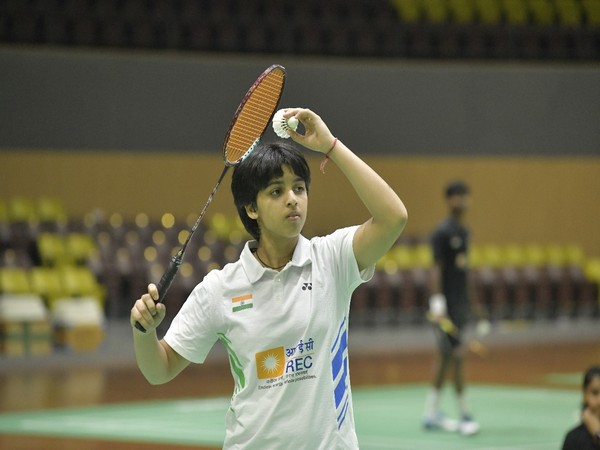

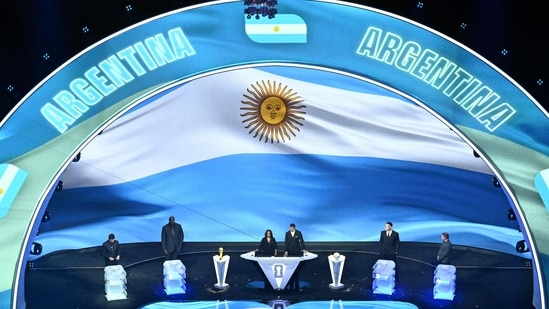
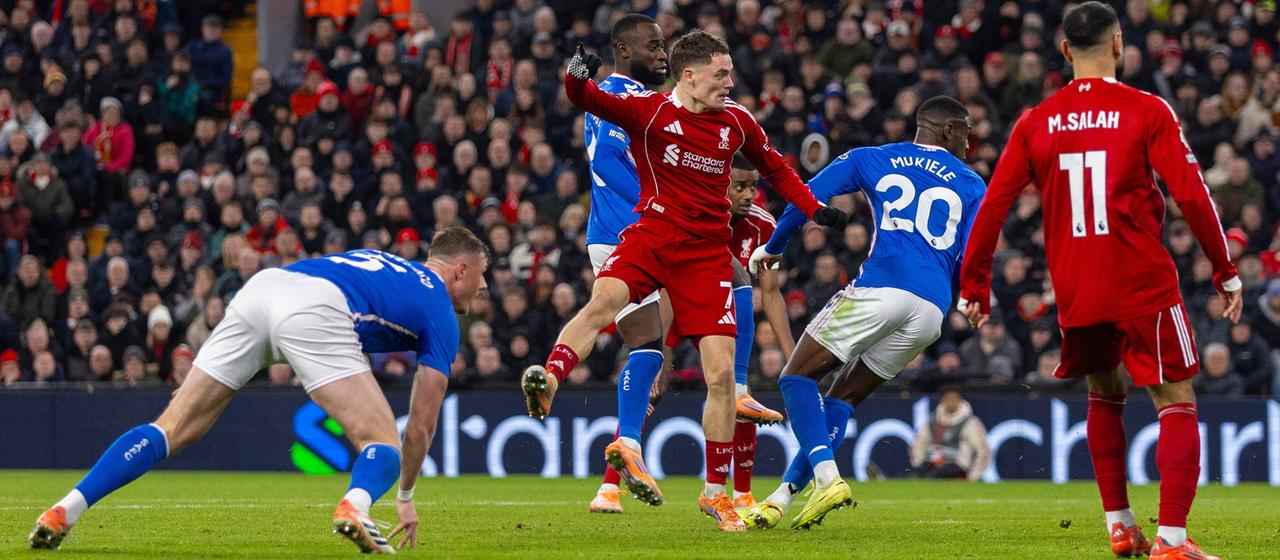
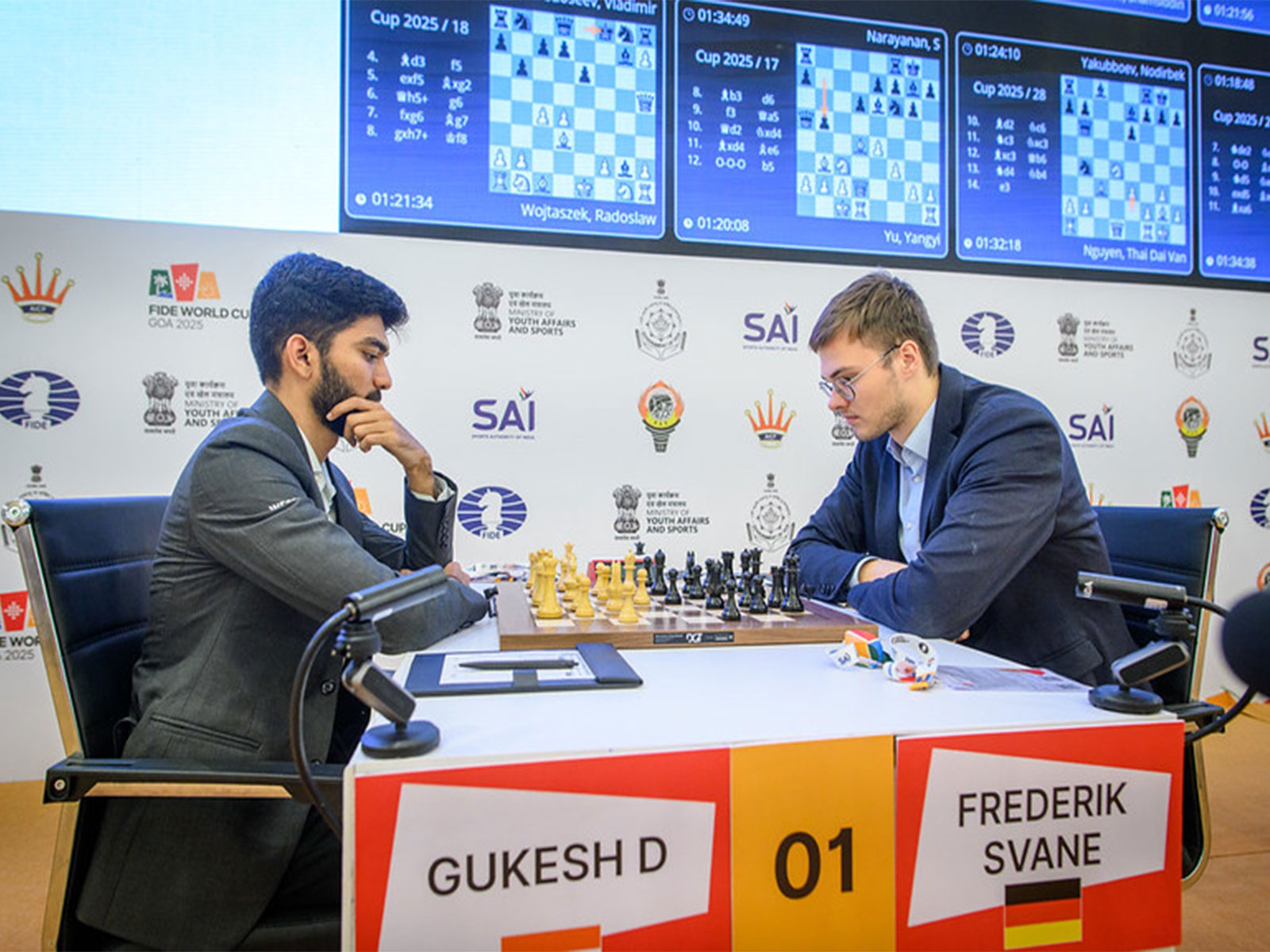
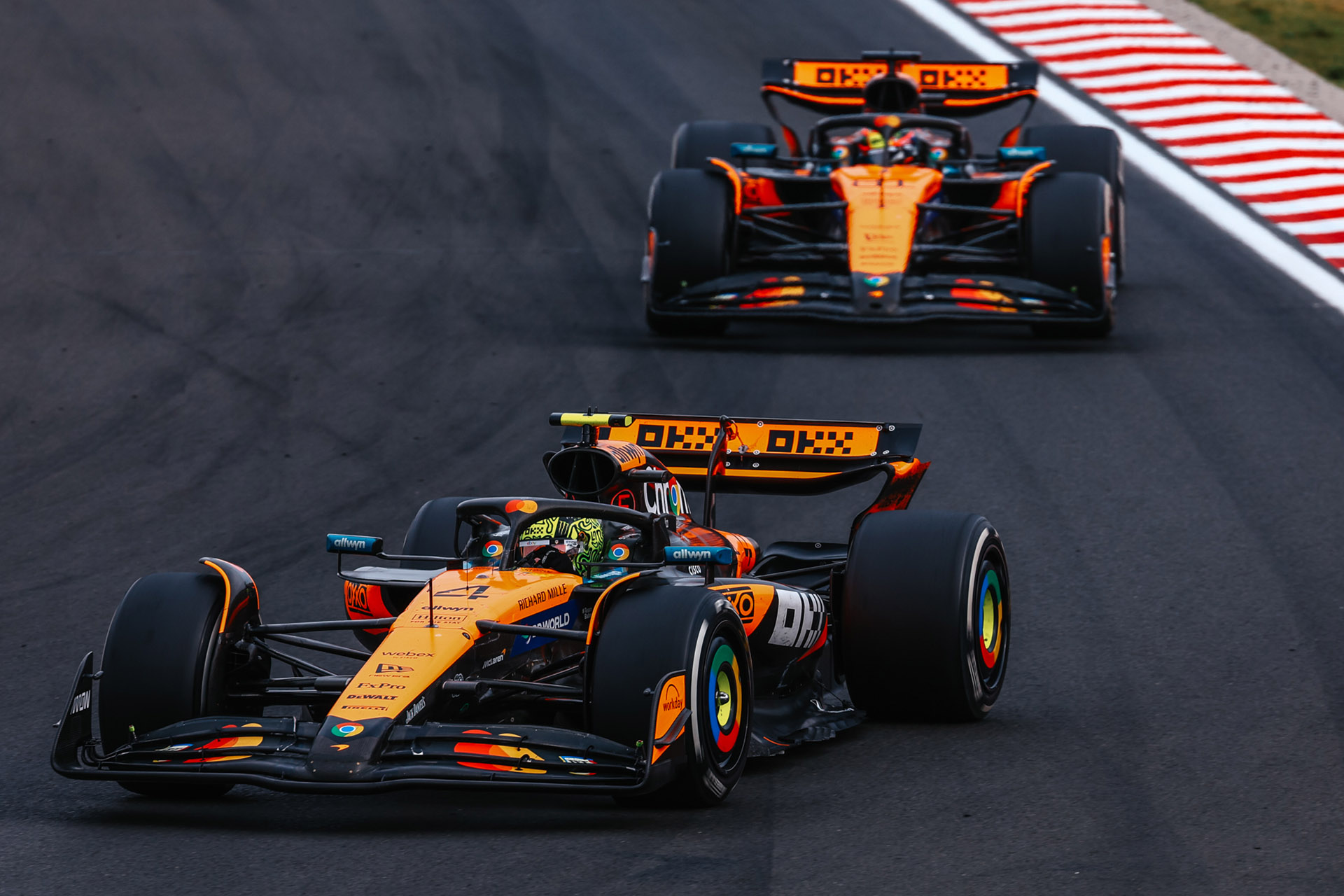
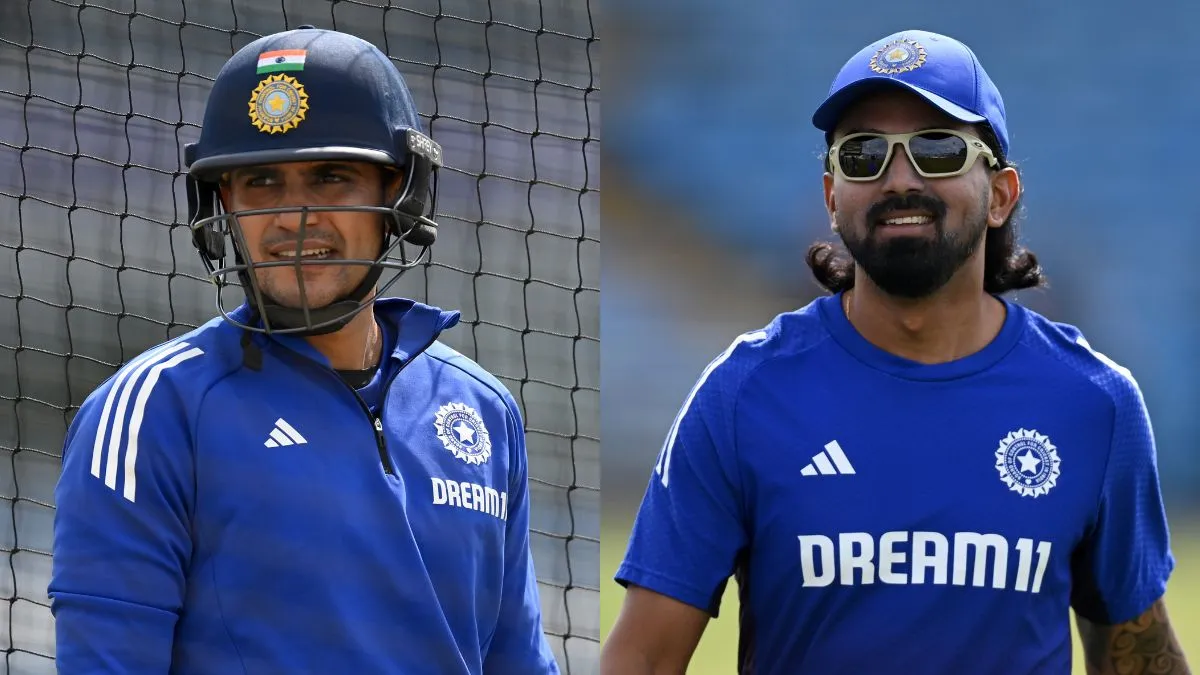

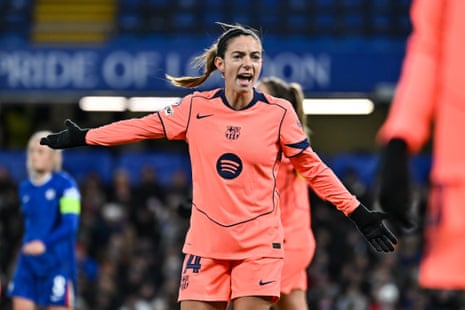
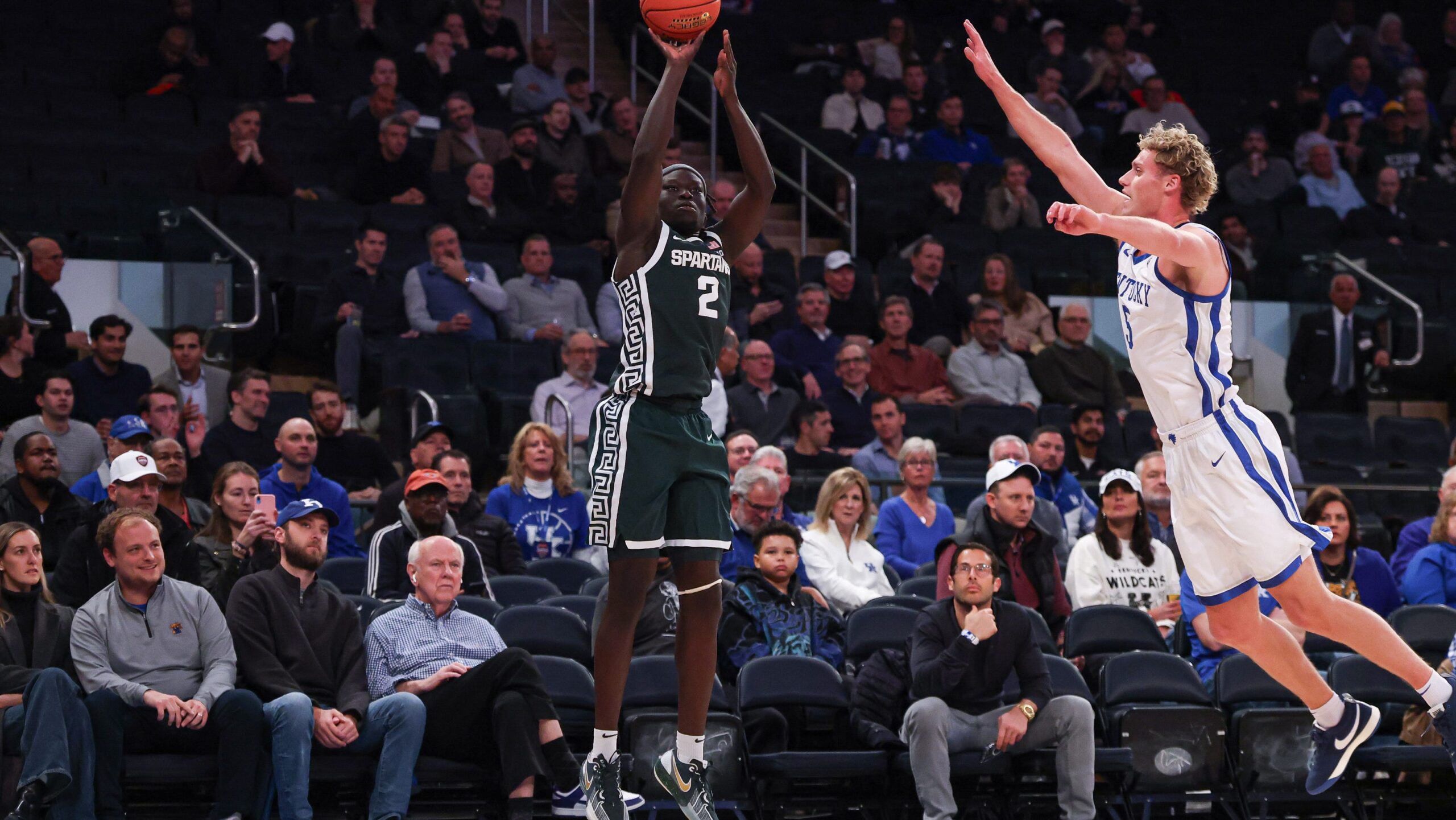

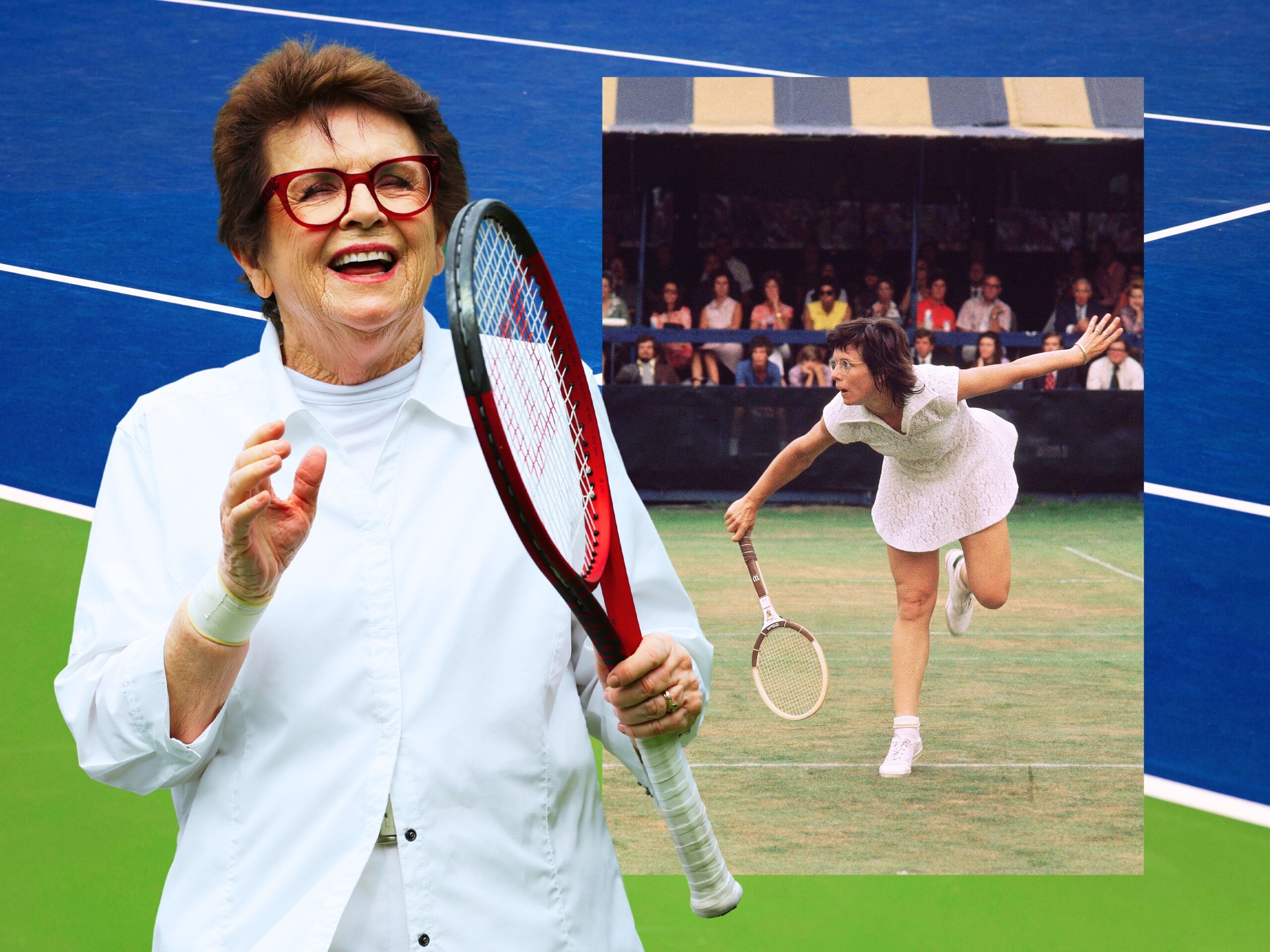
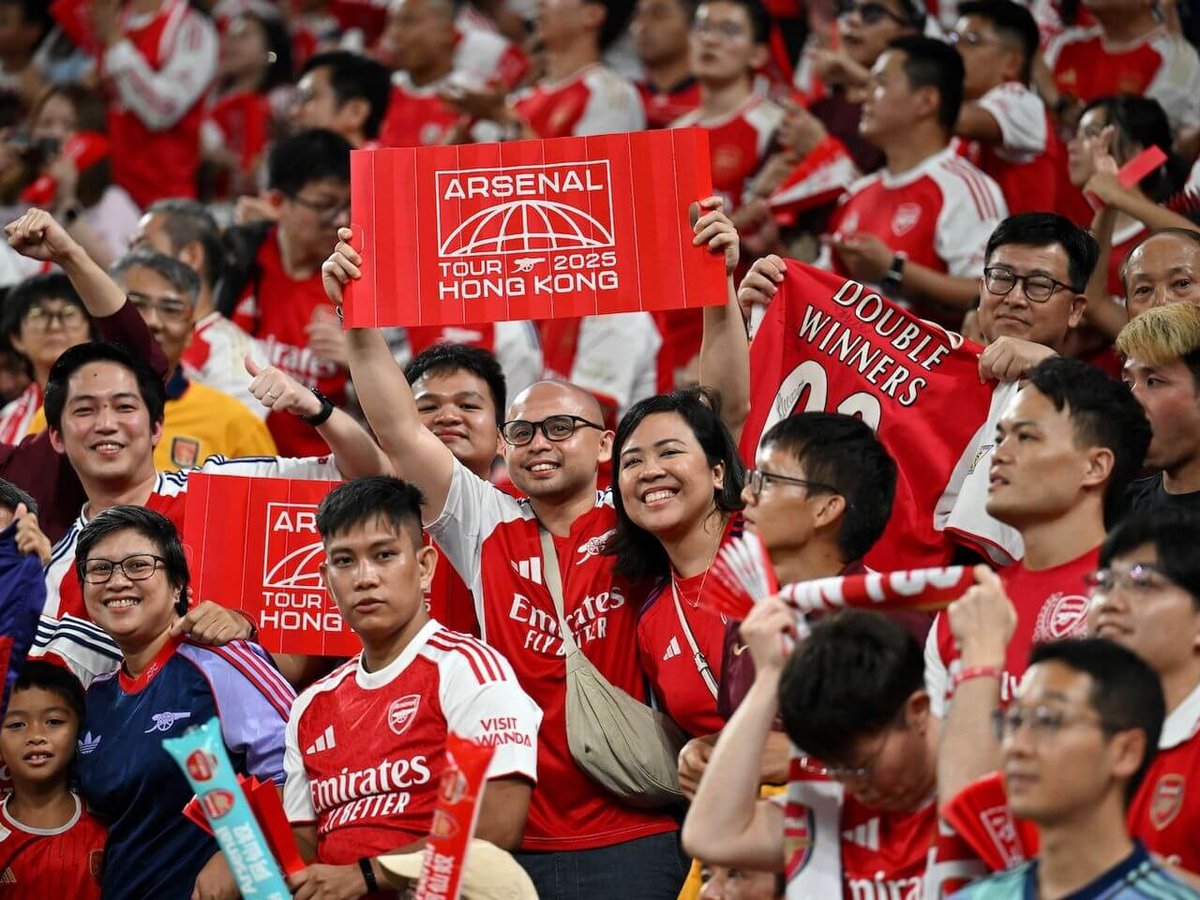

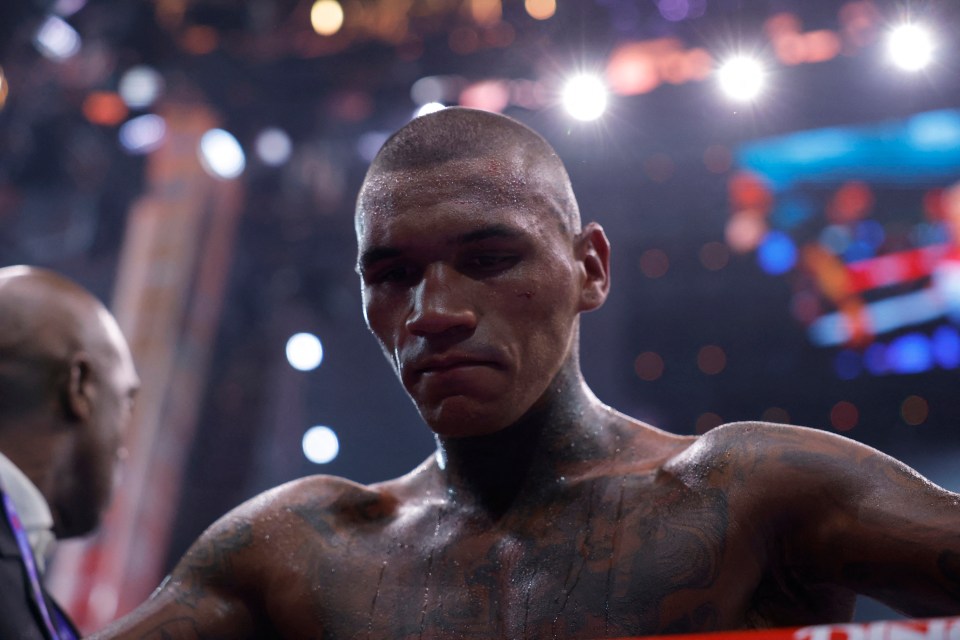
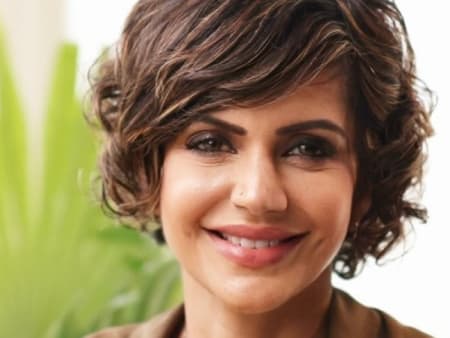

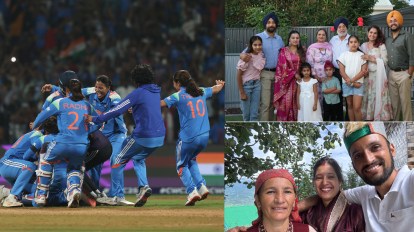
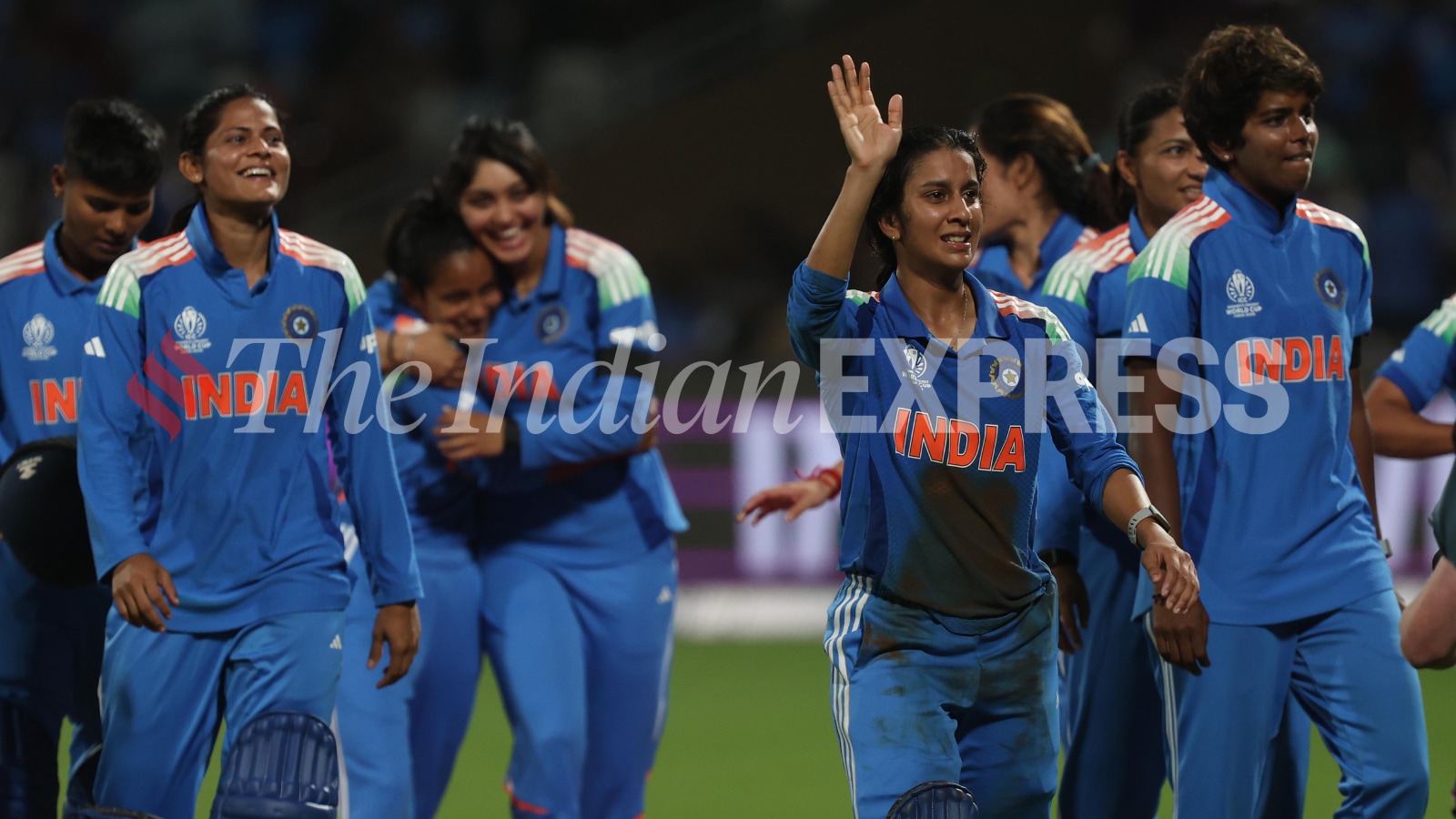
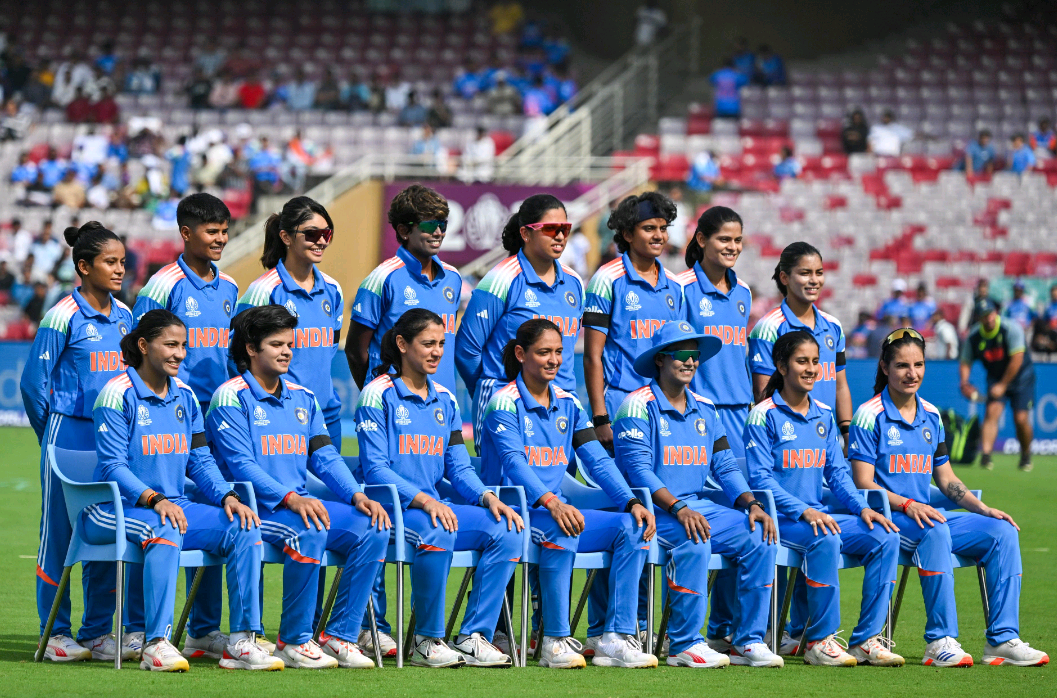
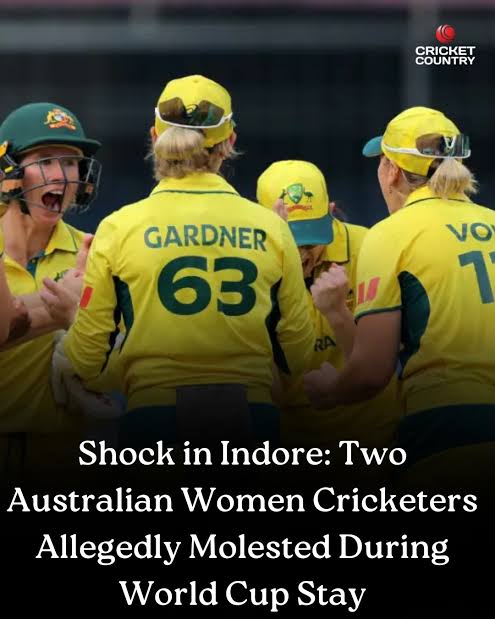
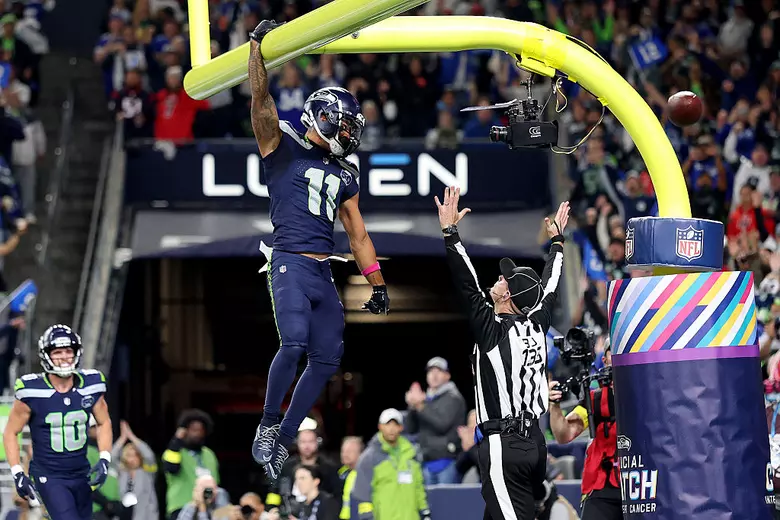

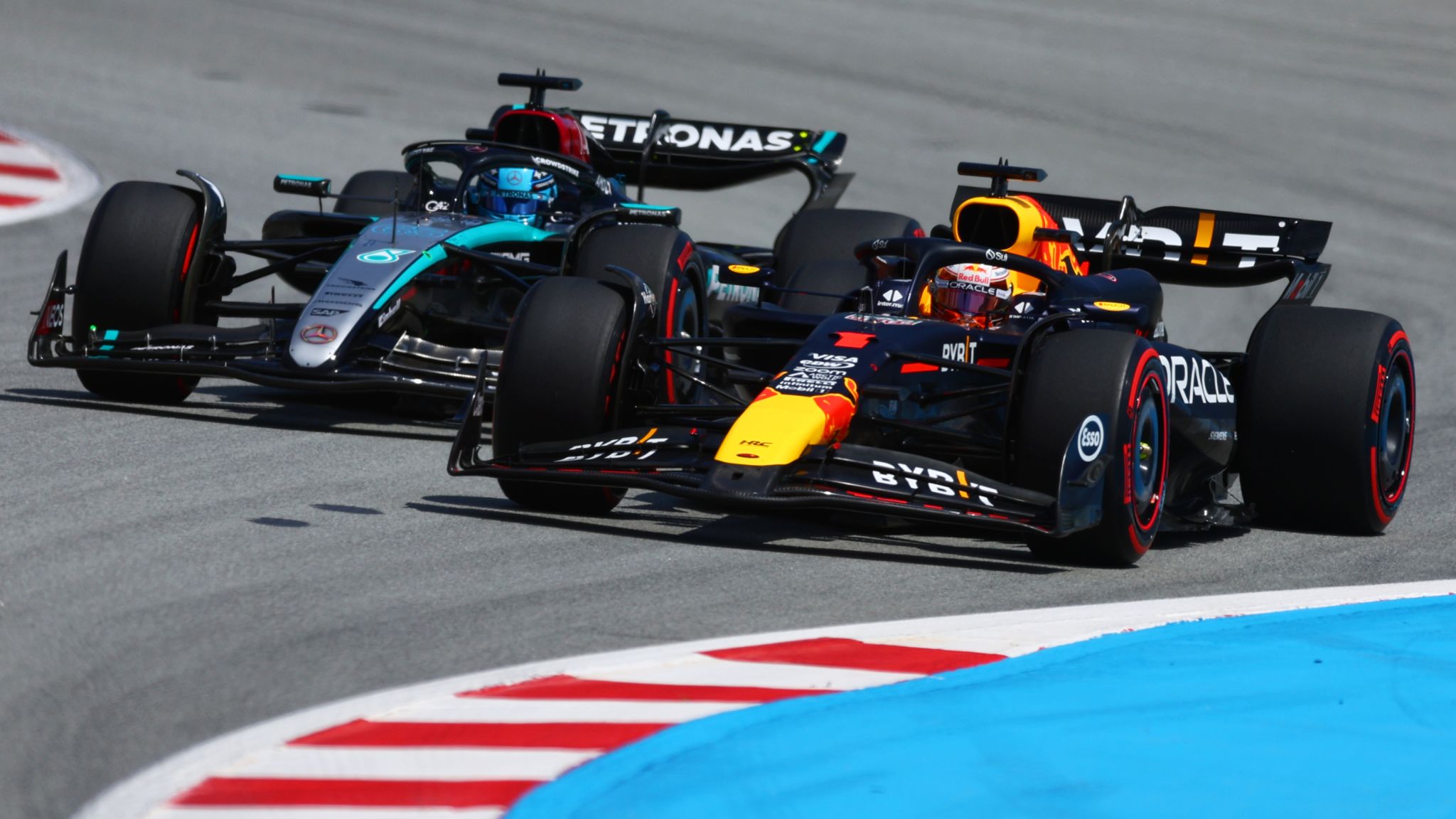

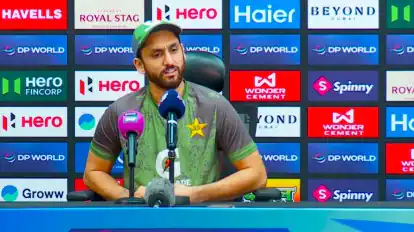
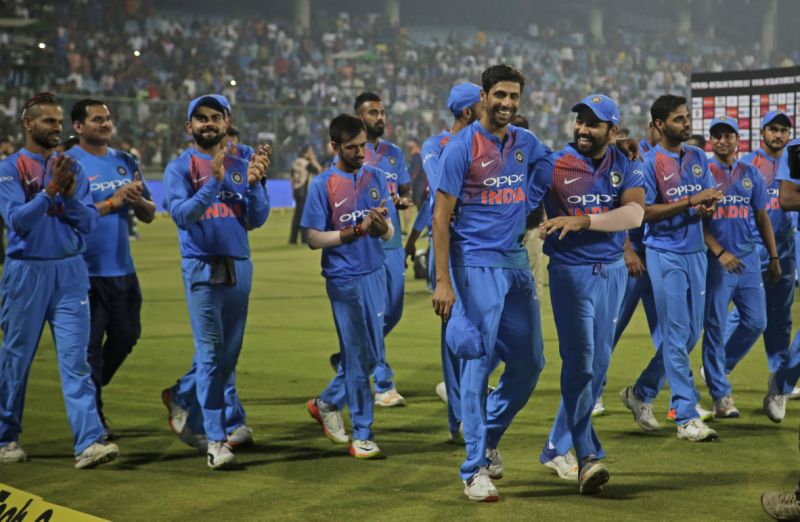
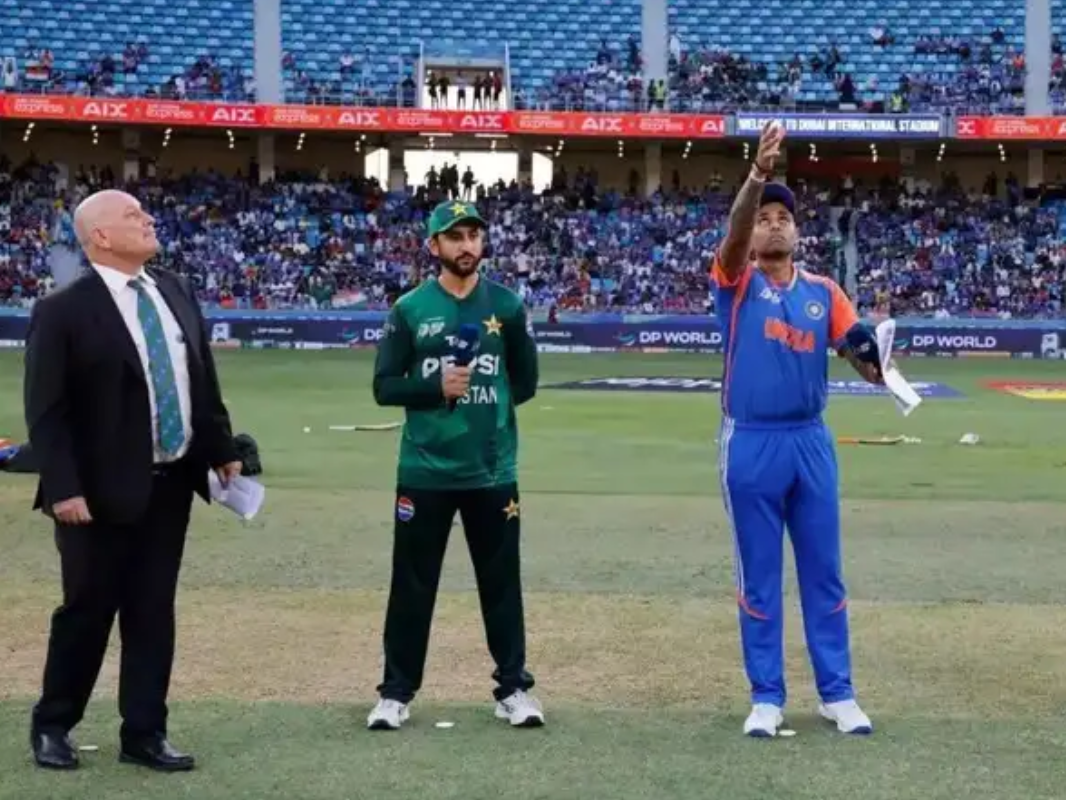
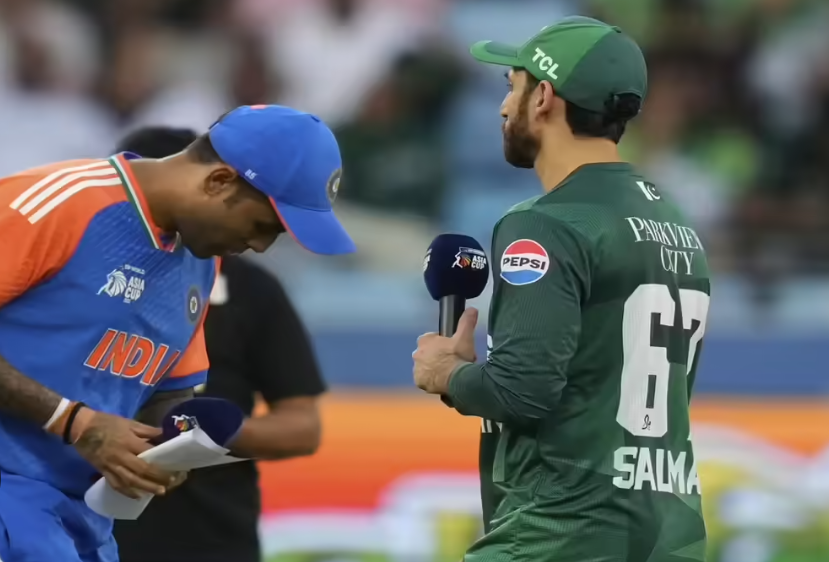
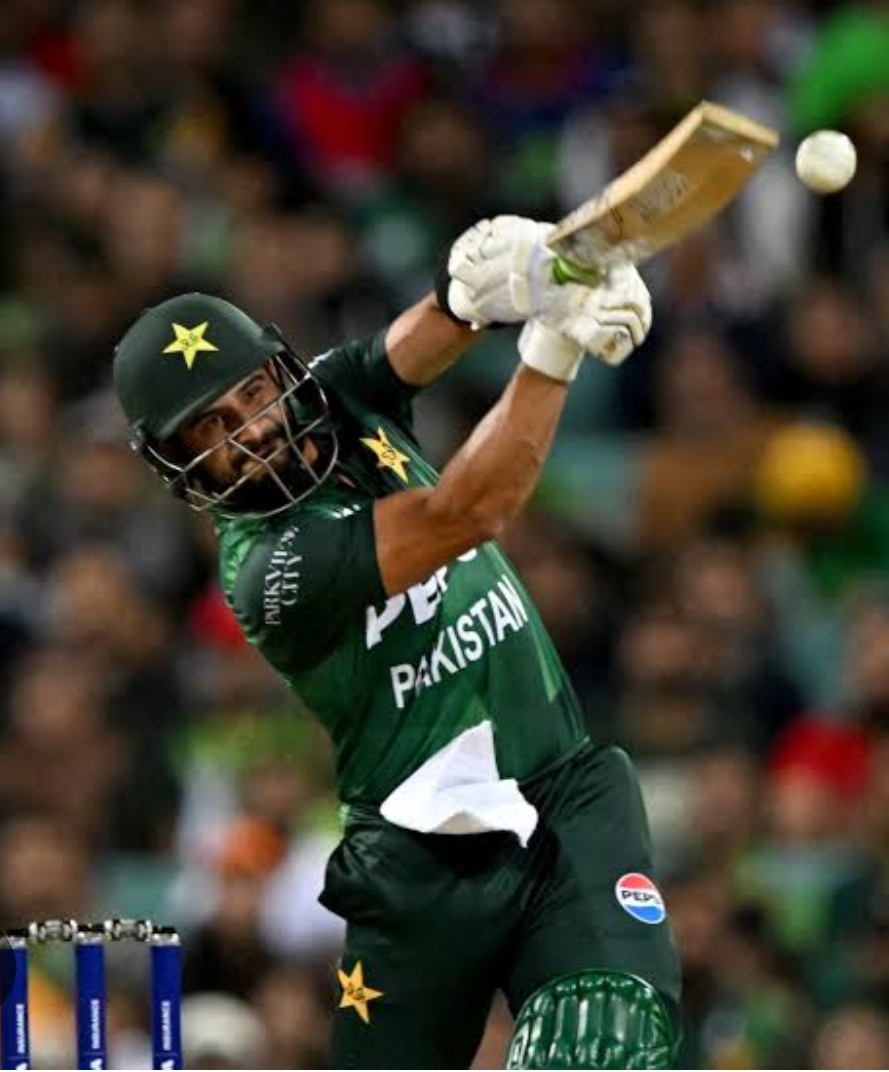
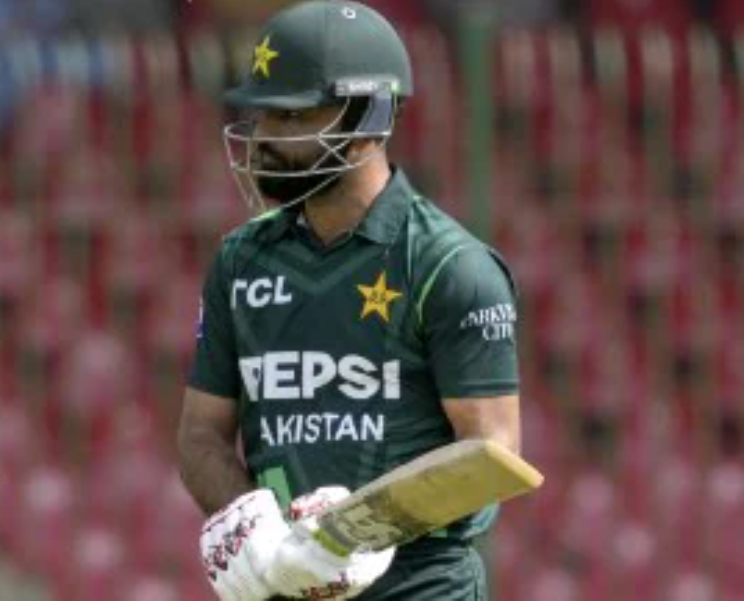






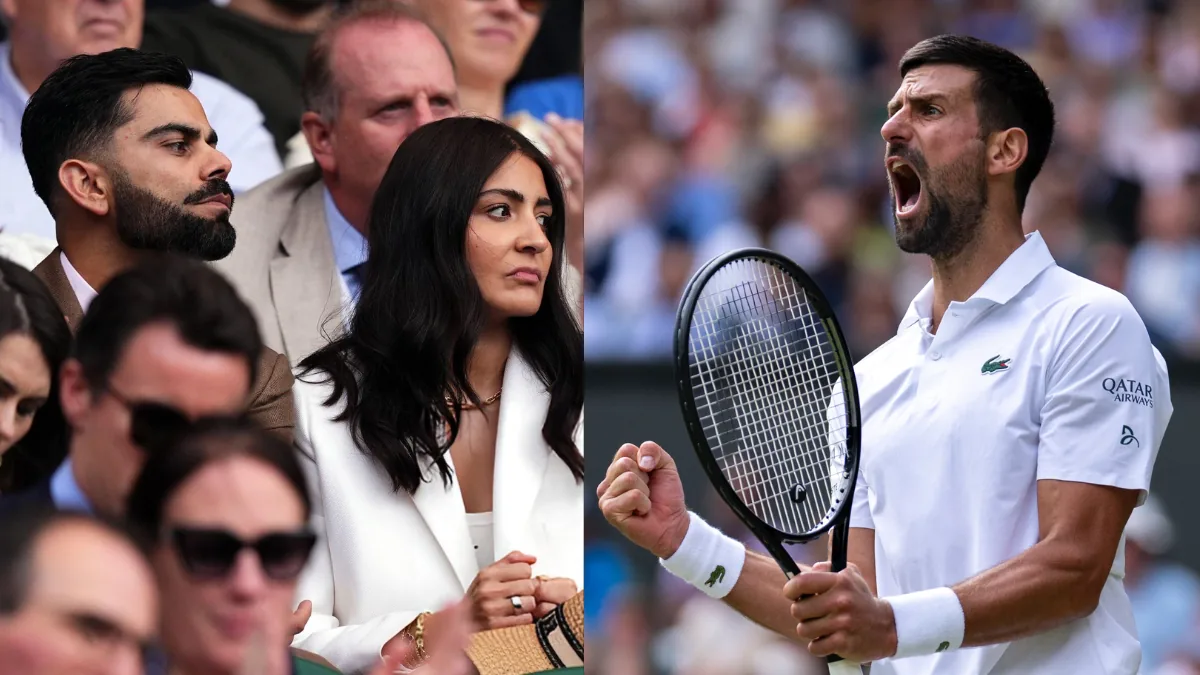



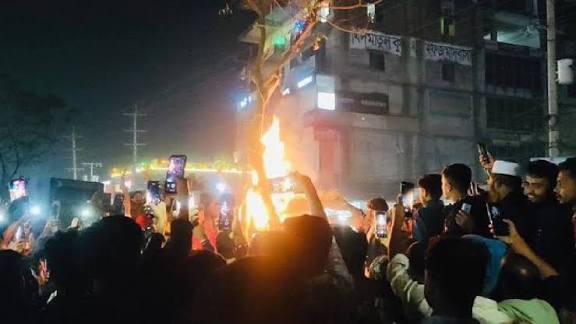
Leave a Reply